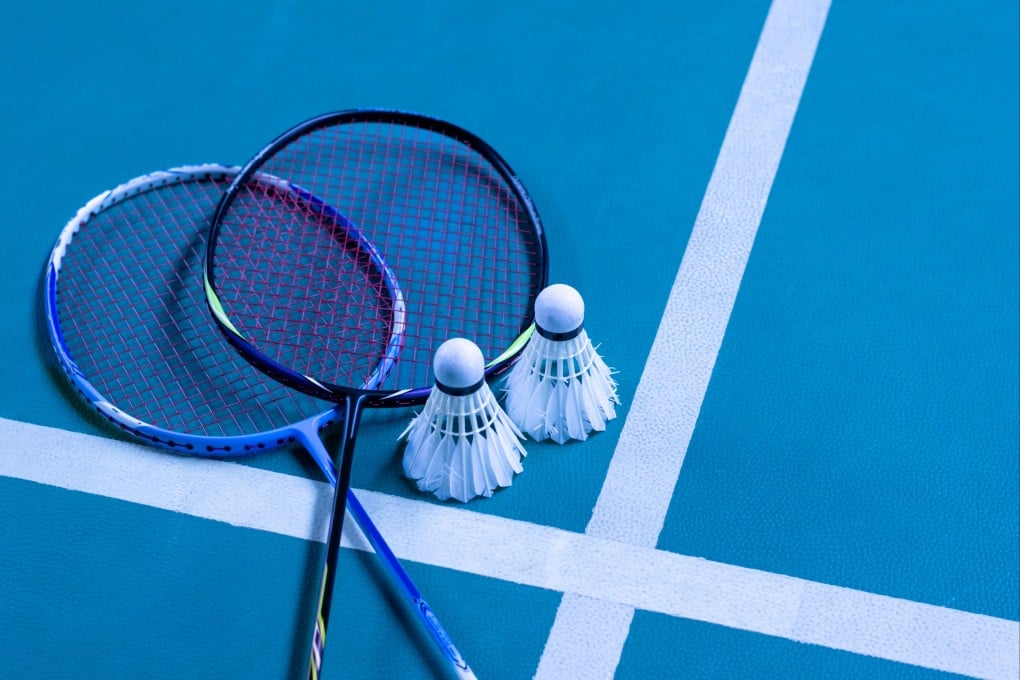Why Hong Kong’s new sex education guidance is so controversial, as advocates urge for improvement
Advocates from sex positivity campaigners to Aids Concern and the Equal Opportunities Commission say more and better sex education is needed – merely suggesting abstinence is no answer

In Hong Kong, sex education in schools has long been considered an awkward subject and it has come to the fore again in recent months as new guidance for Hong Kong’s educational institutions has courted controversy.
Teaching materials released in August for Secondary Year 3 students – aged 14 to 15 – promote an approach centred on abstinence to encourage a reduction in the negative consequences of premarital sex. The guidance suggests a range of activities to which young people can turn to distract them from sexual urges. These range from taking walks in nature to playing badminton. The news has been met with widespread mockery on social media, as well as concern from the city’s sexual health and sex positivity advocates.
The new sex education guidance came in response to a November 2022 report from the Equal Opportunities Commission on the state of comprehensive sexuality education (CSE) in Hong Kong secondary schools. All 473 secondary schools in Hong Kong were invited to participate in the paper and its preliminary research. The report cites a 2019 study which found that there was a significant need for additional teaching hours, and that at the time of research, more than 90 per cent of schools provided 20 hours or less of sex education each year.
Of those schools surveyed, 13.8 per cent did not teach sex education in classrooms at all. While most schools incorporated lessons on self-image, puberty and friendship, dating and courtship, over 59 per cent did not incorporate learning about informed consent before sex and over 53 per cent did not include lessons on sexual orientation and gender identity.

Dr Ferrick Chu Chung-man, executive director of operations at the Equal Opportunities Commission, highlighted that 23 per cent of university students surveyed had experienced sexual harassment. “The EOC believes that to tackle the issues of sexual harassment from its roots, comprehensive sexuality education is essential and would break down misconceptions about sex and relationships for teenagers,” said Chu.
